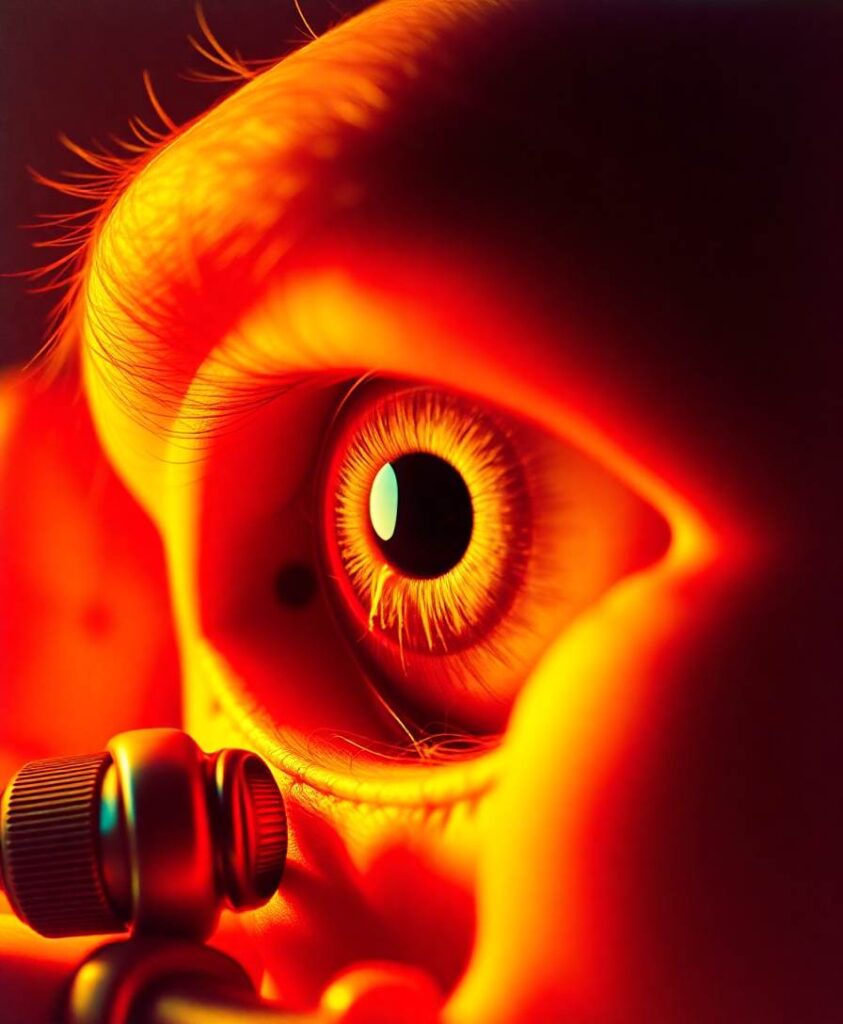☰
VOLUME LXXIX | JUL 2023
Pondering the Potential of Mind-Detecting Computers
Imagine a world where computers can read our minds and offer psychological and cognitive evaluations and interventions. A team of researchers recently explored the use of physiological and behavioral computing to achieve this remarkable feat. By analyzing data from brain waves, heart rate variability, and facial expressions, these mind-detecting computers could potentially identify signs of mental health conditions, cognitive impairments, or emotional distress. Just like a skilled therapist or a compassionate friend, these computational systems could provide recommendations for personalized interventions, such as relaxation techniques or cognitive exercises. With further research and development, we may witness the birth of an entirely new field of study: computational psychology. The potential applications are endless – from improving mental wellness to enhancing educational experiences. So let’s dive into the fascinating research in this article and embark on a journey to uncover the marvels of mind-detecting computers!
Aiyana Tremblay
Aiyana is an Indigenous educator from Alberta, with a background in environmental science and community wellness programs. She volunteers as an author to explore how traditional knowledge intersects with modern neuroscience to unlock human resilience and potential.



